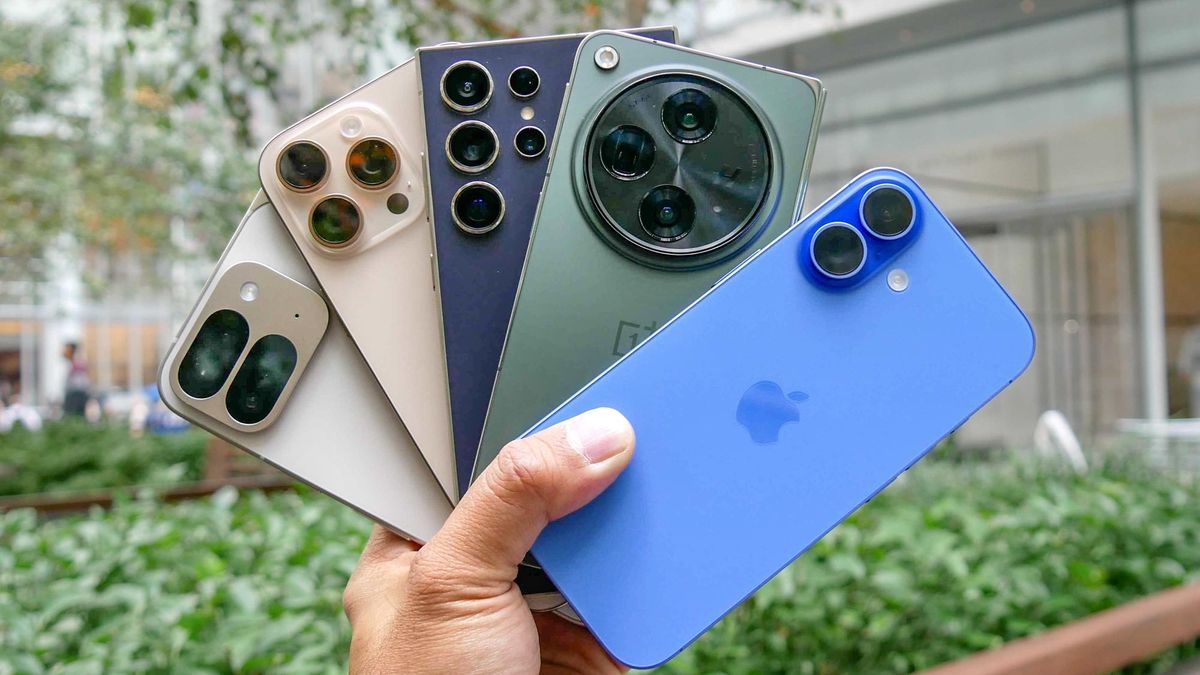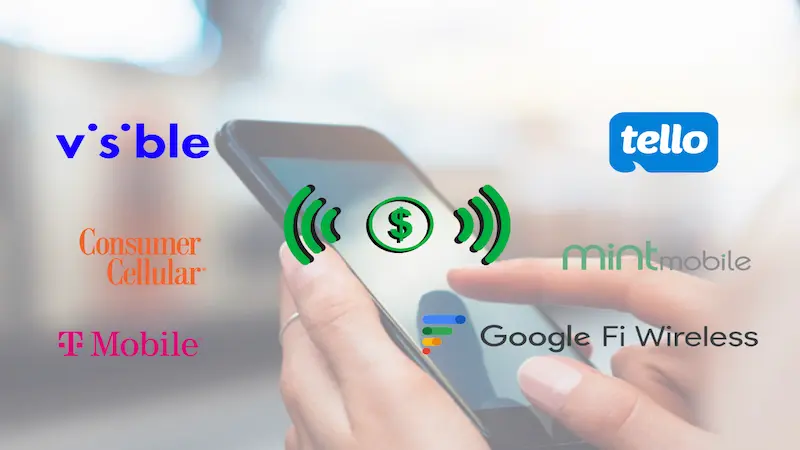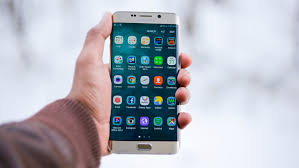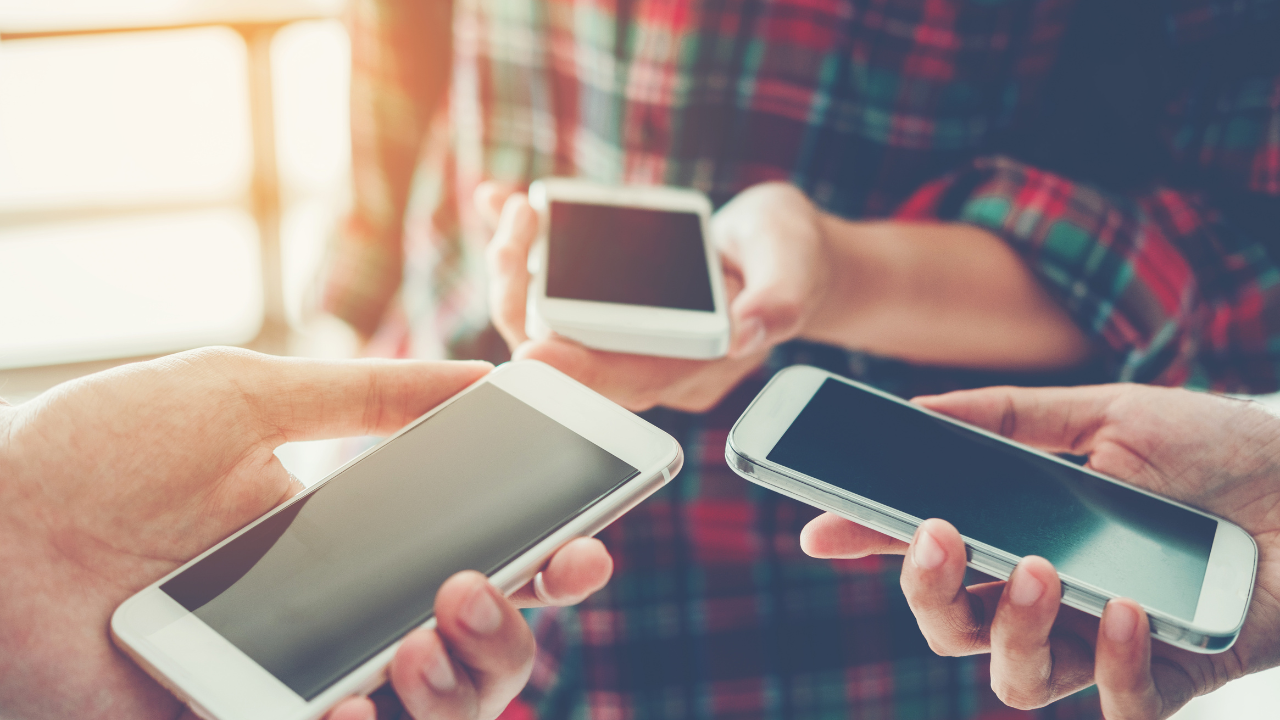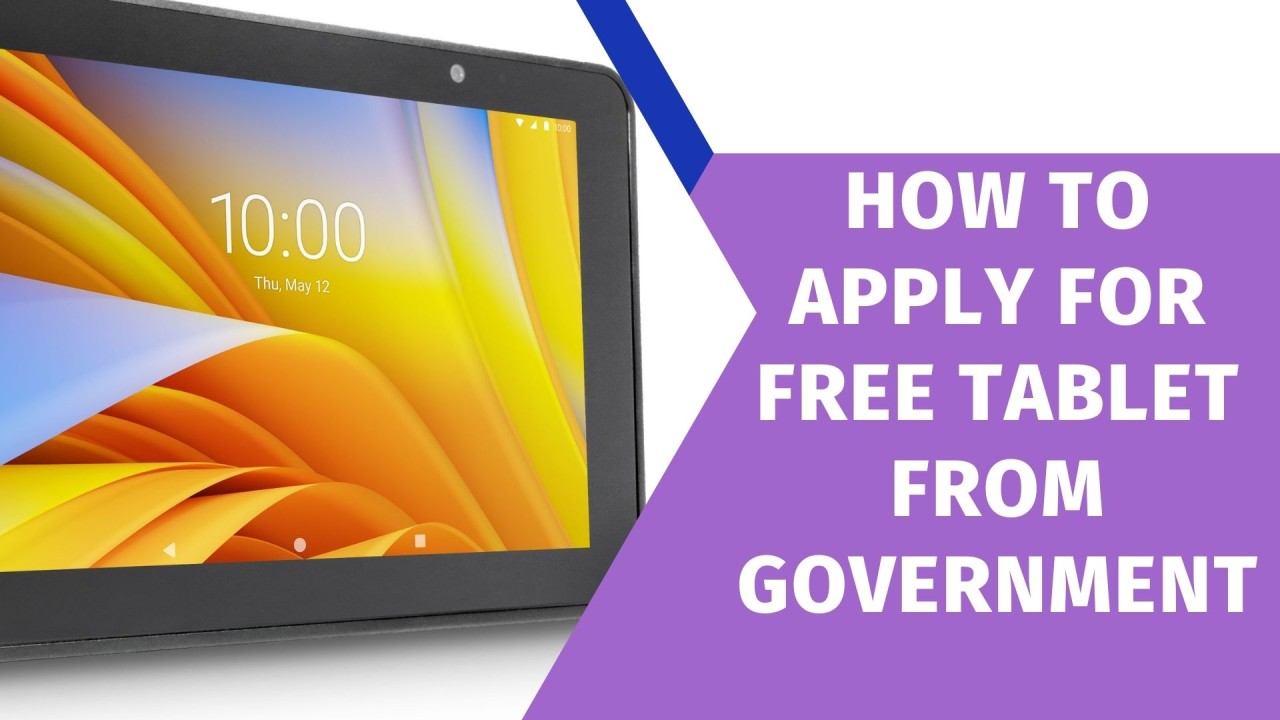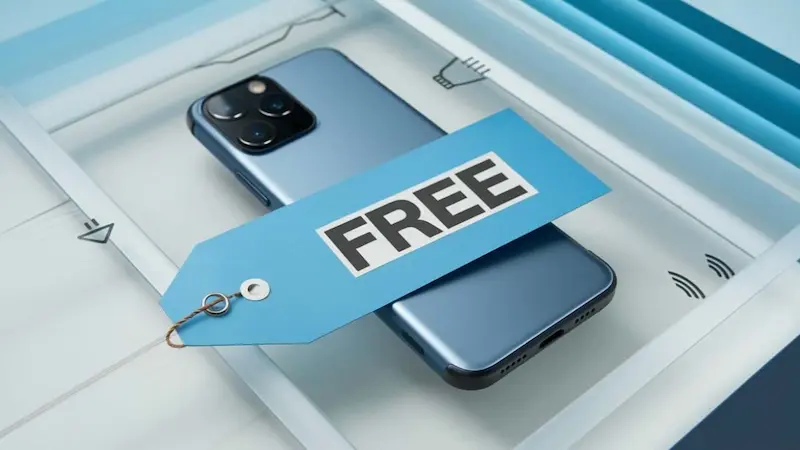Security and Privacy Concerns
Data Privacy Issues
The provision of free internet service raises critical questions regarding data privacy. Many providers of free internet, particularly those operated by public entities or non-profits, may not have robust systems in place to safeguard user data. Users may unwittingly expose themselves to privacy risks, including data breaches and unauthorized surveillance. Free internet services must ensure that they have stringent privacy policies and IT infrastructure to protect users' sensitive information, lest they undermine the benefits of increased access.
Cybersecurity Risks
Increased access to free internet can also raise cybersecurity risks. More users online means that cybercriminals could have a much broader pool of potential targets. Often, public networks associated with free internet service can be less secure, making them more vulnerable to attacks, hacking, and malware. Users must be cautious about accessing sensitive information over free networks, which can exacerbate fears about online safety.
Misinformation and Digital Literacy
With greater access to the internet comes the challenge of navigating misinformation. Users may not have developed the skills necessary to discern credible information from falsehoods. This issue becomes perilous, particularly in a world where misinformation can affect everything from voting behavior to public health. Free internet service providers should consider incorporating digital literacy programs to equip users with tools to critically assess the information they encounter online.
Balancing Access and Security
The challenge, therefore, for providers of free internet service is to strike a balance between ensuring accessibility and maintaining adequate security. This requires not only investment in secure networks but also education for users about safe online behaviors and recognition of potential risks. Governments and organizations must unite to create frameworks that effectively safeguard user data while enhancing connectivity for all members of society.

Next Page
You May Also Like
-
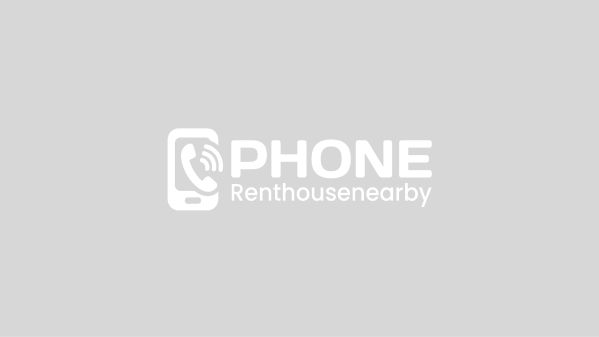
Top 5 Local Providers Offering Free Mobile Devices and Plans
Through their shared commitment to accessibility, these initiatives are emblematic of how technology can empower individuals and communities alike.
-

Best Free Cell Phone Plans for Low-Income Families
Explore the best free cell phone plans for low-income families, including Lifeline, Affordable Connectivity, Assurance Wireless, Safelink, and nonprofit programs to bridge the digital divide.
-

Step-by-Step Guide to Securing a Free Tablet with Internet Access
By following these steps, you're well on your way to enjoying the benefits of a free tablet with internet access – a valuable resource that can enhance your connectivity and digital engagement.
Popular Blog
-

Affordable Alternatives When You Don’t Qualify for Free Government Phones in the U.S.
Don’t qualify for a free government phone like Lifeline? This article explores affordable options for staying connected. Discover prepaid plans, discounted deals, the used phone market, and how to leverage free Wi-Fi and community resources to maintain essential communication on a budget.
-

How to Get a Free Tablet from Government Programs
In this article, we’ll explore these programs, the types of tablets you can get, and the carriers currently participating in these initiatives.
-

How to Check Your Eligibility for Free Cell Phones and Services
Learn how to check your eligibility for free cell phones and services through programs like Lifeline and ACP. Discover income-based requirements, application steps, and benefits.
